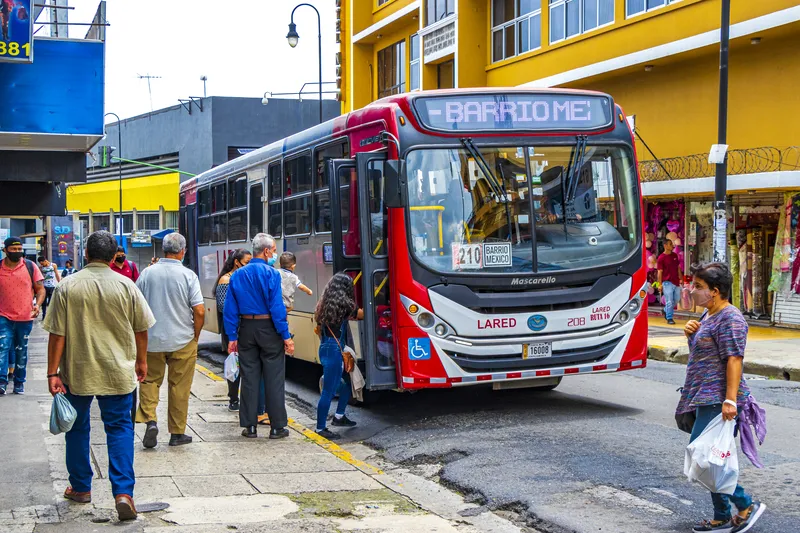Brazil may be hosting the world in the upcoming FIFA World Cup but this autumn
CARTES Secure Connexions Event 2013 will be hosting Brazil as Guest of Honour Country in recognition of its growing importance in the marketplace. Brazil has become a hotbed of innovation in the secure transactions industry, thanks to a long tradition of technology and industrial development supported by a tech savvy populace, said Isabelle Alfano, CARTES Events Director. “Brazil has the best combination between local industria
October 30, 2013
Read time: 3 mins
Brazil may be hosting the world in the upcoming FIFA World Cup but this autumn CARTES Secure Connexions Event 2013 will be hosting Brazil as Guest of Honour Country in recognition of its growing importance in the marketplace.
Brazil has become a hotbed of innovation in the secure transactions industry, thanks to a long tradition of technology and industrial development supported by a tech savvy populace, said Isabelle Alfano, CARTES Events Director.
“Brazil has the best combination between local industrialists and the presence of international players,” she said. “This is supported by a dynamic economic environment, leading to the development of numerous innovative applications in the field of secure transactions.” The country has a high ratio of payment cards per inhabitant expected to exceed 300% by 2017, making it the most dynamic market in Latin America, while EMV smart card migration is well underway at more than 80%.
Banking is going mobile in Brazil too, thanks to strong mobile network operators and financial institutions, high mobile phone and bank card use, local application developers, and the presence of international players in the secure transactions industry. In May 2013, MFS (Mobile Financial Service), a joint venture between Telefónica and MasterCard Worldwide, launched Zuum, Brazil's first mobile payment service. Meanwhile, Gemalto’s UpTeq NFC SIM and Allynis Trusted Services Management (TSM) platform are at the core of a mobile NFC payment program in Brazil run by TIM Brasil, a mobile operator with 70 million subscribers, and Banco Itaú. Brazil is also a leader in identity cards and its government is rolling out the new Registro de Identidade Civil (RIC or Civil Identity Registry) card. The RIC card enables each Brazilian citizen to be registered under a single number valid nationwide.
GD Burti, the Brazilian subsidiary of international technology group Giesecke & Devrient (G&D) has already delivered more than one million RIC cards as part of an initial pilot project. Brazil has more than 265 million mobile subscriptions and is adding around 1 million new subscriptions every month. International smart card vendors Oberthur Technologies has activated over 30 million SIM cards alone, just 18 months after a commercial launch for over-the-air SIM card activation with Vivo, the largest mobile operator in Brazil. To highlight the development of the smart technologies in the country, a special conference will take place on the 21st November, hosted by Smart Card Alliance Latin America, and will focus on “Building trust in mobile life”, the main theme of CARTES Secure Connexions Event 2013.
Among the leading Brazilian businesses with a presence at CARTES 2013 is IntelCav, a unit in the Inteligensa Group, one of the top 10 card manufacturers worldwide. IntelCav has developed a strong expertise in smart card manufacturing as well as in application development.
Brazil has become a hotbed of innovation in the secure transactions industry, thanks to a long tradition of technology and industrial development supported by a tech savvy populace, said Isabelle Alfano, CARTES Events Director.
“Brazil has the best combination between local industrialists and the presence of international players,” she said. “This is supported by a dynamic economic environment, leading to the development of numerous innovative applications in the field of secure transactions.” The country has a high ratio of payment cards per inhabitant expected to exceed 300% by 2017, making it the most dynamic market in Latin America, while EMV smart card migration is well underway at more than 80%.
Banking is going mobile in Brazil too, thanks to strong mobile network operators and financial institutions, high mobile phone and bank card use, local application developers, and the presence of international players in the secure transactions industry. In May 2013, MFS (Mobile Financial Service), a joint venture between Telefónica and MasterCard Worldwide, launched Zuum, Brazil's first mobile payment service. Meanwhile, Gemalto’s UpTeq NFC SIM and Allynis Trusted Services Management (TSM) platform are at the core of a mobile NFC payment program in Brazil run by TIM Brasil, a mobile operator with 70 million subscribers, and Banco Itaú. Brazil is also a leader in identity cards and its government is rolling out the new Registro de Identidade Civil (RIC or Civil Identity Registry) card. The RIC card enables each Brazilian citizen to be registered under a single number valid nationwide.
GD Burti, the Brazilian subsidiary of international technology group Giesecke & Devrient (G&D) has already delivered more than one million RIC cards as part of an initial pilot project. Brazil has more than 265 million mobile subscriptions and is adding around 1 million new subscriptions every month. International smart card vendors Oberthur Technologies has activated over 30 million SIM cards alone, just 18 months after a commercial launch for over-the-air SIM card activation with Vivo, the largest mobile operator in Brazil. To highlight the development of the smart technologies in the country, a special conference will take place on the 21st November, hosted by Smart Card Alliance Latin America, and will focus on “Building trust in mobile life”, the main theme of CARTES Secure Connexions Event 2013.
Among the leading Brazilian businesses with a presence at CARTES 2013 is IntelCav, a unit in the Inteligensa Group, one of the top 10 card manufacturers worldwide. IntelCav has developed a strong expertise in smart card manufacturing as well as in application development.










